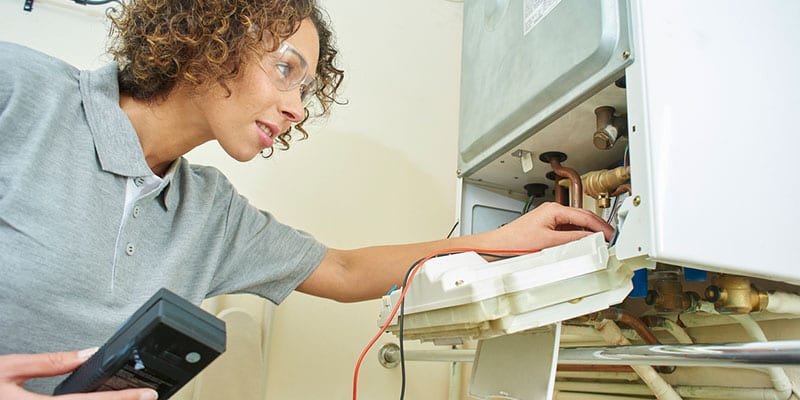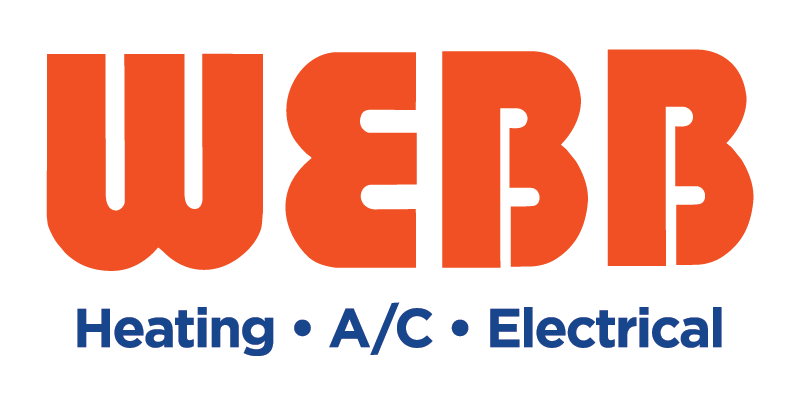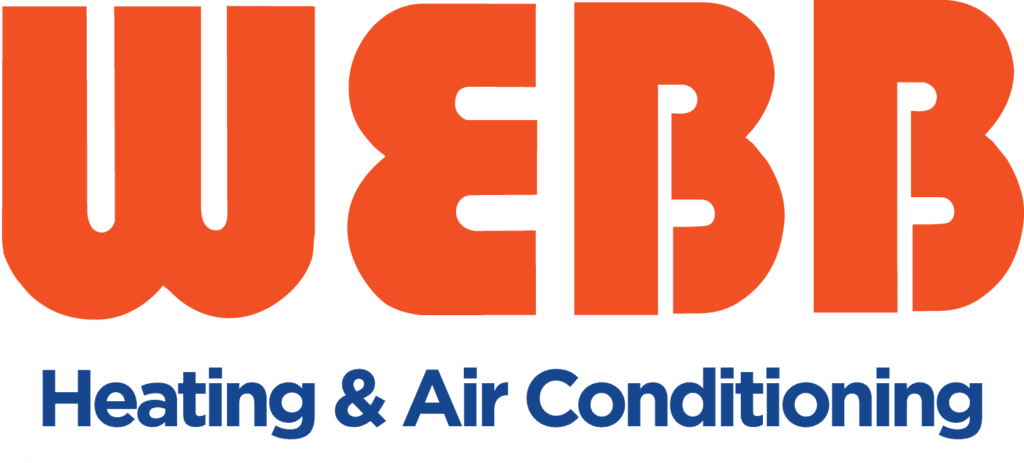Controlling Home Humidity with Your HVAC System in North Carolina

Humidity is as much a part of life in North Carolina as sweet tea and summer thunderstorms. But when indoor moisture levels swing too high or too low, homeowners can quickly find themselves battling musty odors, warped wood, and even health concerns.
Finding the right balance isn’t just about comfort. The proper humidity level protects your home and your well-being. Webb Heating, Air Conditioning, and Electrical is committed to helping local families throughout Greensboro, Winston-Salem, Advance, and the entire Piedmont Triad create healthy, comfortable indoor environments.
This practical guide will walk you through how HVAC systems manage humidity and share simple steps to take control. For any issue beyond a quick fix, Webb’s experts are just a call away.
Why Humidity Control Matters in North Carolina
North Carolina’s humid subtropical climate means that heat and moisture team up for much of the year. The result? Many homes become breeding grounds for mold, mildew, and dust mites if humidity isn’t well managed.
Excess moisture doesn’t just make the air sticky; it seeps into floors and furniture, causing wooden beams, doors, and trim in Winston-Salem homes to swell or warp. High humidity can degrade indoor air quality and trigger allergies, while too little (often caused by overcooling in the winter) leads to cracked wood and static shocks.
Homeowners need solutions built for real North Carolina houses, not one-size-fits-all advice. Webb brings years of experience tackling these specific challenges and understands the nuances of local construction, insulation, and weather patterns that impact indoor air.
How Your HVAC System Manages Humidity
Most people know their air conditioner keeps things cool, but every time it runs, it’s also quietly pulling moisture out of the air. In places like Advance, where muggy summer afternoons are common, this dehumidification is essential for comfort and system efficiency.
Here’s how HVAC helps regulate humidity:
- Air conditioning units condense and remove water vapor
- Whole-home dehumidifiers supplement the work of your AC
- Humidistats and smart controls automate humidity adjustments in different seasons
Modern HVAC systems in the Piedmont Triad often include features like variable-speed fans, integrated dehumidifiers, or humidistats, which are small devices that sense and control humidity alongside temperature.
Webb’s technicians often upgrade HVAC setups with enhancements like these, so whether your system is brand new or decades old, you can get better humidity control without a full replacement.
Tips for Effective Humidity Control
Getting the best from your HVAC system doesn’t have to be complicated.
Here’s how to optimize humidity in your North Carolina home year-round:
- Set your thermostat or humidistat to keep indoor humidity between 40% and 50%, the target range for comfort and mold prevention.
- Regularly change HVAC air filters. Clean filters improve airflow and help your system remove moisture more efficiently. In busy households or homes with pets, consider checking them monthly.
- Use exhaust fans in kitchens and bathrooms. Run them during and after cooking or showering to eliminate excess moisture before it spreads.
- Ensure proper ventilation, especially in crawlspaces or attics. Trapped moisture in these areas can impact humidity throughout the house.
- Consider system upgrades. Adding a whole-home dehumidifier or smart thermostat can be especially beneficial for regions near water or with persistent humidity.
Step up protection by scheduling seasonal maintenance; Webb’s professionals can keep your HVAC running at its best, ensuring the system adapts to the steady changes in North Carolina’s weather.
Signs Your HVAC Needs Humidity Adjustments
Is humidity quietly undermining your home’s comfort or efficiency?
Here are key warning signs that indicate your HVAC system might need a closer look:
- Musty Odors: Persistent, damp smells, especially after rain, can signal that your home is holding onto too much moisture.
- Condensation or Fogging: Noticeable moisture or fog on your windows is an early indication that your home isn’t shedding excess humidity effectively. In severe cases, you might even spot water on walls or ceilings.
- Warping and Peeling: Doors that stick, woodwork that warps, or paint that bubbles and peels are often the result of high indoor humidity breaking down materials over time.
- System Strain and Running Costs: Improper humidity makes your system work harder, so if your HVAC system runs for long cycles or seems to work non-stop, moisture management could be the issue.
- Health and Comfort Symptoms: Excess indoor humidity may worsen allergy and asthma issues by increasing dust mites and mold. And air that’s too dry (more common during heated winter months) may cause static shocks, itchy skin, or irritated sinuses.
If you’ve noticed any of these warning signs in your North Carolina home, Webb’s team can help. Our technicians diagnose whether the culprit is the HVAC system, insulation, or even specific ventilation issues, and recommend lasting solutions for consistent, healthy humidity control.
Why Choose Webb Heating, Air Conditioning, and Electrical?
Humidity control demands more than just the right equipment; it calls for expertise grounded in North Carolina’s unique climate and housing stock.
Webb has a long-standing history serving families, from the Triad’s historic neighborhoods to new builds across the region. Our technicians understand the interplay between HVAC settings, building materials, and local weather trends.
When you partner with Webb, you get:
- Personalized solutions tailored to your home’s size, layout, and family needs
- Upgrades for modern humidity regulation, including dehumidifiers and smart HVAC controls
- Long-term support and maintenance for peak system performance
Ready to breathe easier and protect your investment? Contact Webb today to schedule an HVAC assessment or discuss options for improved humidity control. Enjoy reliable, comfortable air, no matter what North Carolina’s weather brings.

